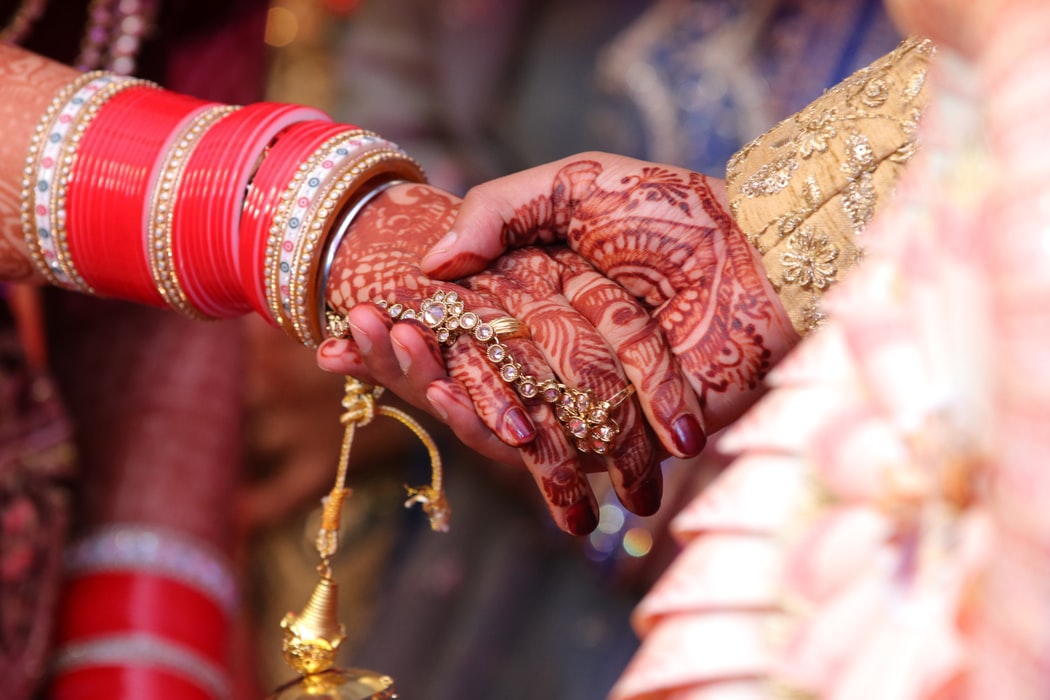
A few weeks ago, the Court of Appeal ruled that Islamic faith marriages are invalid under English law. We take a closer look at the case and discuss what this could mean for couples married in Islamic wedding ceremonies.
The background explained
Nasreen Akhter and Mohammed Shabaz Khan married in an Islamic wedding ceremony in London in 1998. No civil ceremony took place at any point after the Islamic ceremony, despite Ms Akhter’s reportedly raising the issue repeatedly.
The couple subsequently separated in 2016. Ms Akhter petitioned for divorce. Mr Khan sought to contest the divorce, arguing that they had not been legally married.
In 2018, the High Court ruled that the marriage fell within the scope of the Matrimonial Causes Act 1973 and Ms Akhter was entitled to a decree of nullity (the Judge decided it was a void marriage and, therefore, a decree of nullity could be granted to annul it legally, unlike a valid marriage which would be ended by a decree of divorce).
However, a few weeks ago, the Court of Appeal overturned the High Court ruling, saying instead that the marriage was “invalid” under English law.
Islamic marriage invalid in UK
So, what does this mean for Islamic faith marriages? The Court of Appeal has said that Islamic faith marriages which are not replicated by civil marriages are legally “non-marriages”.
For anyone who has only had an Islamic wedding ceremony, the Court of Appeal ruling gives clear guidance that the parties have no financial claims when it comes to divorce, as they were not legally married in the first place.
This means that if the relationship comes to an end, unless an additional civil ceremony was undertaken after the Islamic wedding ceremony, the spouses do not have the ability to ask the courts for a division of assets upon divorce. There is also no right to spousal maintenance, as this can only be claimed by married couples.
In these circumstances, the only option would be to pursue an Islamic divorce through sharia councils, which cannot offer the same financial remedies as would be the case upon a divorce under English civil law.
The case has led to calls for a review of the law, with some arguing that the current state leaves both parties exposed financially following the breakdown of their relationship.
Neil Graham, a Partner at Grayfords, comments as follows: “This is an interesting case and highlights the fact that parties who only undergo a religious ceremony of any sort which is not replicated in a civil marriage may find that they are not legally married. The law distinguishes between a non-qualifying ceremony, a void marriage, a voidable marriage and a valid marriage. This may have a significant effect on the financial claims that either party is able to bring in the event that relationship comes to an end.”
Are you worried about your rights following your Islamic faith marriage or religious ceremony? Get in touch to book your free consultation with one of our experienced family solicitors.

